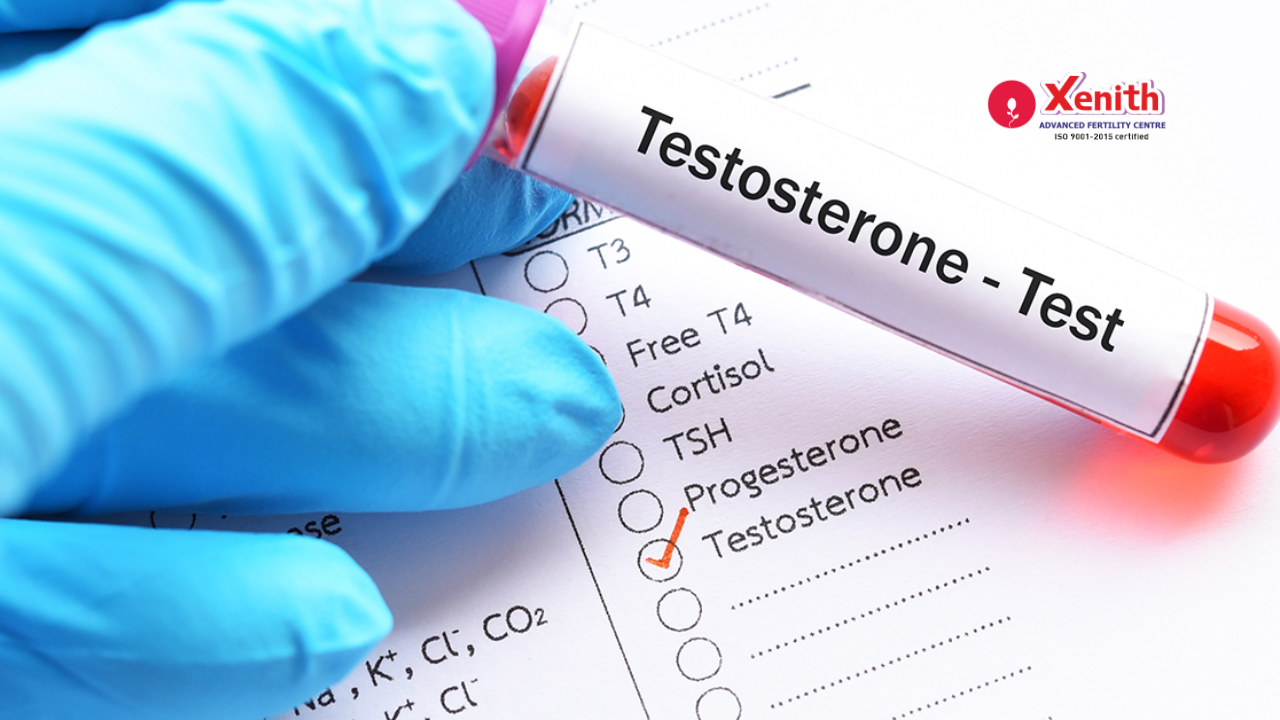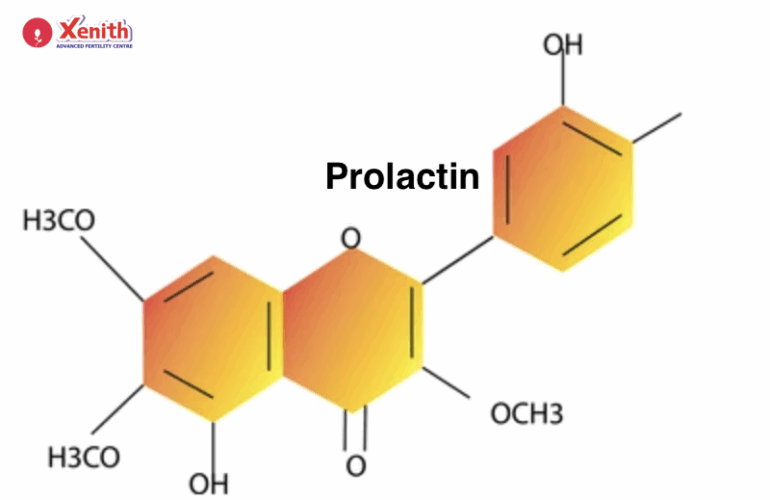Introduction: The Role of Testosterone in Male Fertility
Testosterone plays a vital role in a man’s reproductive health—affecting everything from sperm production to sex drive. However, both low testosterone (Low T) and high testosterone can negatively affect fertility. In this article, we explore how testosterone levels influence male fertility, what causes hormonal imbalances, and what men can do if they’re trying to conceive.
How Testosterone Affects Male Fertility
Testosterone is produced in the testes and is essential for developing male sexual characteristics, libido, and most importantly, spermatogenesis (sperm production). But hormonal balance is key. Too little or too much testosterone can disrupt sperm production.

Free Thursday Consultation
Book Your AppointmentThe Link Between Low Testosterone and Infertility
Does low testosterone cause infertility? Yes, in many cases. Low testosterone (hypogonadism) can reduce sperm production directly and also affect sexual performance, making conception more difficult.
Common Symptoms of Low T
- Reduced libido can make it harder for couples to maintain a regular sexual relationship while trying to conceive. Erectile dysfunction may also occur, making natural conception difficult or even impossible without intervention.
- Fatigue or low energy may lead to less sexual activity and lower motivation to seek fertility help. Decreased muscle mass can be a sign of hormonal imbalance that may correlate with other fertility concerns.
- Depression or mood swings can reduce relationship quality and sexual frequency. Emotional changes also often accompany hormonal imbalances like Low T.
Why It Matters
Low testosterone affects sperm count and quality, especially when levels in the testes are also reduced. Men experiencing these symptoms should consider hormone testing and a semen analysis to assess their fertility status.
The Surprising Reason High Testosterone Can Cause Infertility
Many believe that more testosterone equals better fertility. But that’s a myth. High testosterone, especially from external sources like steroids or Testosterone Replacement Therapy (TRT), can severely disrupt natural sperm production.
Why Does High Testosterone Lower Sperm Count?
When external testosterone enters the bloodstream, it signals the body to stop producing its own testosterone and reduce LH and FSH—two hormones critical for sperm production. As a result, the testes stop making sperm, sometimes causing azoospermia (zero sperm count).
Testosterone Replacement Therapy (TRT) and Male Fertility
Does taking testosterone affect fertility? Absolutely. Men taking TRT for symptoms of Low T are often shocked to find that their sperm count plummets.
Important Note
- TRT can act like male birth control by suppressing the body’s ability to produce sperm naturally. Fertility may be reversible if treatment is stopped early, but recovery varies among individuals.
- In some cases, hCG or clomiphene citrate may be used to boost natural testosterone without affecting sperm production. If you’re considering TRT and still want children, talk to a fertility specialist before starting treatment.
When Should You Get Hormone Levels Tested?
If you’re trying to conceive and experiencing symptoms of Low T or infertility, your doctor may recommend:
Common Tests
- A blood test for total and free testosterone is often performed early in the morning when levels are highest. FSH and LH levels are also evaluated to check if the brain is sending proper signals to stimulate sperm production.
- A semen analysis is used to assess sperm count, motility, and morphology. An ultrasound or testicular biopsy may be recommended if structural issues are suspected.
- Genetic testing may also be performed if there are signs of inherited fertility disorders. All these tests together provide a clearer picture of what may be affecting fertility.
Can You Boost Testosterone Naturally?
Yes—especially if hormonal imbalances are caused by lifestyle factors. Before resorting to supplements or TRT, try addressing the following areas:
- Obesity or sedentary lifestyle can suppress testosterone and reduce fertility. Regular exercise and weight management can improve hormonal balance and reproductive health.
- Chronic stress raises cortisol levels which can interfere with testosterone production. Practicing stress-reduction techniques like meditation or therapy can help restore balance.
- Poor sleep hygiene affects overall hormonal function and can lead to low testosterone. Aim for consistent, high-quality sleep of 7–8 hours per night.
- Smoking and alcohol use are linked to decreased testosterone and sperm quality. Quitting smoking and limiting alcohol can have significant fertility benefits.
- Exposure to environmental toxins such as BPA and phthalates can disrupt endocrine function. Reducing exposure to plastics and other toxins supports healthy testosterone levels.
- Supplements marketed as “testosterone boosters” may be ineffective or even harmful. Always consult a specialist before using any hormone-related product.
Treatment Options at Xenith IVF
At Xenith Advanced Fertility Centre, we take a holistic approach to male infertility. If low testosterone is affecting your fertility:
- We identify the root cause through comprehensive diagnostic testing including hormone and semen analysis. Personalized treatment plans are then developed to address individual needs.
We offer treatments like hormone regulation, lifestyle optimization, and if needed, IVF with ICSI (Intracytoplasmic Sperm Injection). We also help men on TRT explore fertility preservation options like sperm freezing.
FAQs About Testosterone and Male Fertility
Yes, it can directly reduce sperm count and indirectly affect libido and performance, lowering chances of conception.
Not necessarily. In fact, they might suppress your body’s own testosterone production and reduce fertility.
Yes—especially when caused by external steroids or supplements, which suppress sperm production.
Usually not. But it depends on the duration of treatment. Recovery can take 3–12 months or longer.
FSH, LH, total testosterone, free testosterone, prolactin, and estradiol levels are commonly tested.
Take Action: Talk to a Specialist Today
If you’re concerned about low testosterone and fertility, don’t wait. The first step is a simple hormone blood test.Schedule a comprehensive male fertility assessment at Xenith Advanced Fertility Centre, Pune.
Get personalized guidance based on your hormone profile and semen parameters. Receive expert-led care to help you achieve your dream of parenthood.




